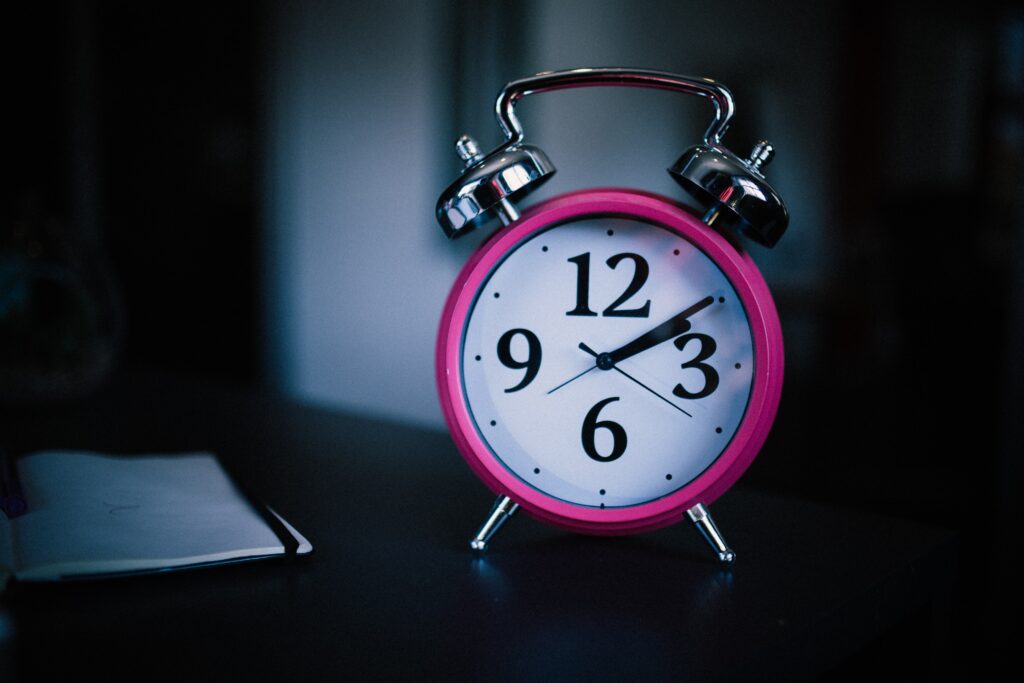The latest in sleep research
There are many aspects of sleep that remain a mystery. However, researchers are discovering more all the time. Here is a quick summary of the latest sleep research.

COVID-19 causing sleep issues
A number of studies have been conducted around how COVID-19 has impacted sleep.
One study by the University of Basel in Switzerland found that respondents are sleeping up to 50 minutes longer than they were before the lockdown. However, the quality of sleep is worse, with many finding it difficult to get to sleep and stay asleep. Higher numbers of people are also experiencing vivid dreams and nightmares. Those who already had sleep problems report that they were worse since the pandemic.
Stage of sleep influences dreams
New sleep research has emerged that shows the quality and complexity of our dreams are linked to the stages of sleep. Researchers used to believe that dreams only occur during the REM (rapid eye movement) stage of sleep. However, new research is showing that when woken from non-REM stages of sleep, some people are able to recall their dreams. Those woken from REM sleep can usually recall elaborated, vivid and emotional story-like dreams. However, those woken from non-REM sleep remember less of their dreams.
Sleep helps us deal with unwanted thoughts
All of us experience unwanted thoughts from time to time. However, new sleep research shows sleep deprivation increases the frequency of unwanted thoughts. It also reduces the individual’s ability to control them. Researchers believe that this study offers an important insight into the impact of sleep on mental health. It will allow greater understanding of post-traumatic stress disorder, depression and other mental health issues such as obsessive-compulsive disorder and schizophrenia.
Blue light glasses improve sleep
Screen time can severely impact someone’s sleep duration and quality. This is due to the glow from electronic devices suppressing melatonin and interfering with the sleep cycle. However, research now shows that wearing blue-light glasses can lead to a better night’s sleep. This also leads to better career decision-making and contributes to a better day’s work productivity.
White noise interferes with sleep quality
It was previously thought that white noise (background noise) could help people sleep faster and better. However, recent research has cast doubt on the effectiveness of white noise as a sleep aid. While white noise does seem to reduce the time it takes to fall asleep, quality of sleep is often poorer or disrupted. Researchers are also concerned that background noise provides unnecessary stimulation, which doesn’t allow you to fully ‘switch off’.
Sleep may help stroke recovery
Researchers at the Neurology Department of the University of Bern and Inselspital, have provided the first evidence that sleep may be targeted to improve post-stroke recovery. Research shows that slow-wave sleep improves motor recovery after a stroke. These findings open up the possibility of promoting slow-wave sleep (either through drugs or transcranial brain stimulation) to enhance recovery in patients who suffered a stroke.
Screen time interfering with children’s sleep
The use of screens and electronic devices by young children in the evening has a detrimental effect on both their sleep quality and quantity. Scientists believe that a combination of the blue light which inhibits melatonin, and the stimulating effect of electronic devices contribute to disrupted sleep. They believe that these devices are more disrupting to sleep than television.
How we help
We may not be at the forefront of sleep research, but we do know all about mattress comfort! If you need a new mattress, browse our range of supportive, waterproof mattresses today. We are sure to have one to suit your needs.





